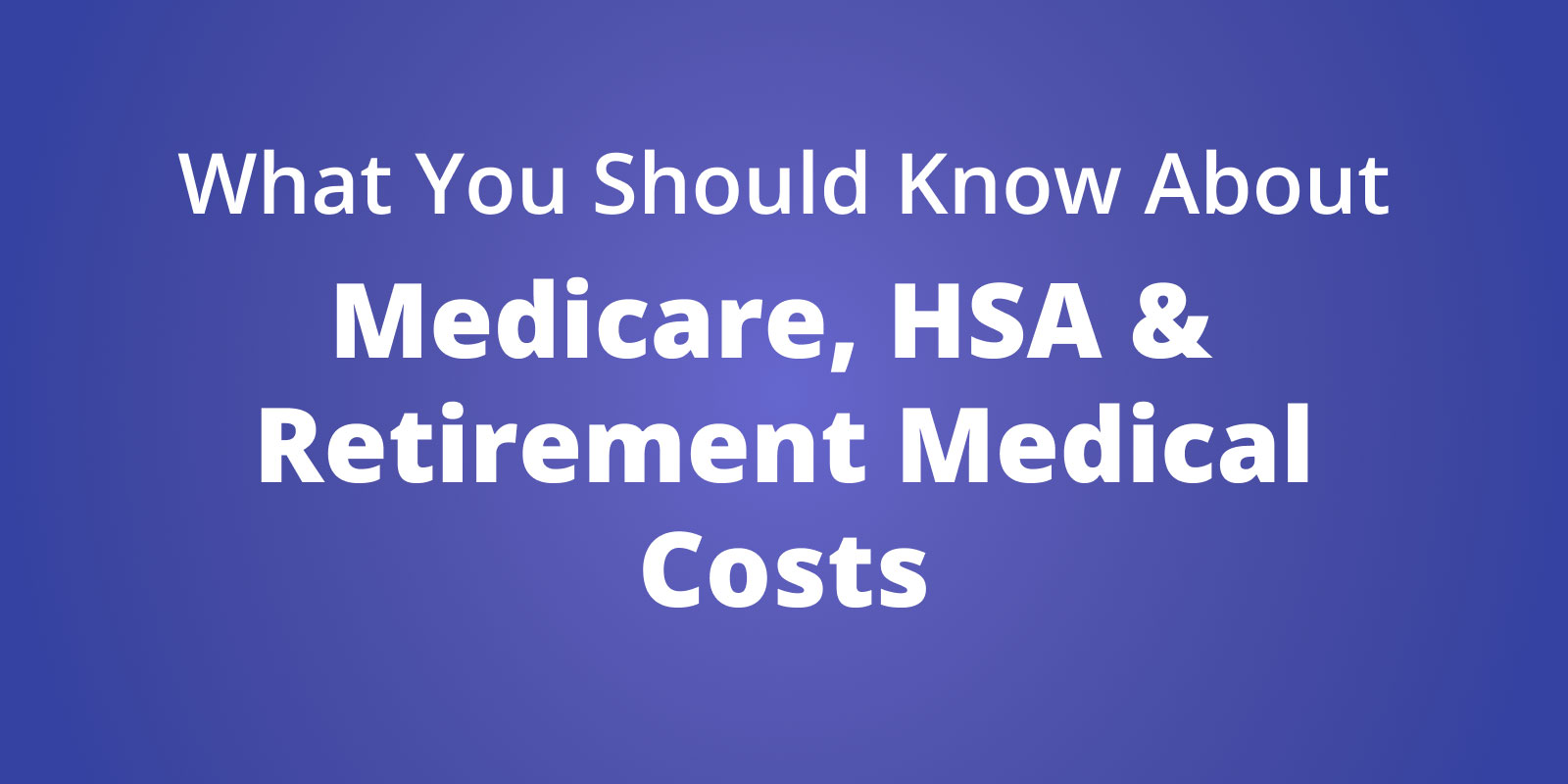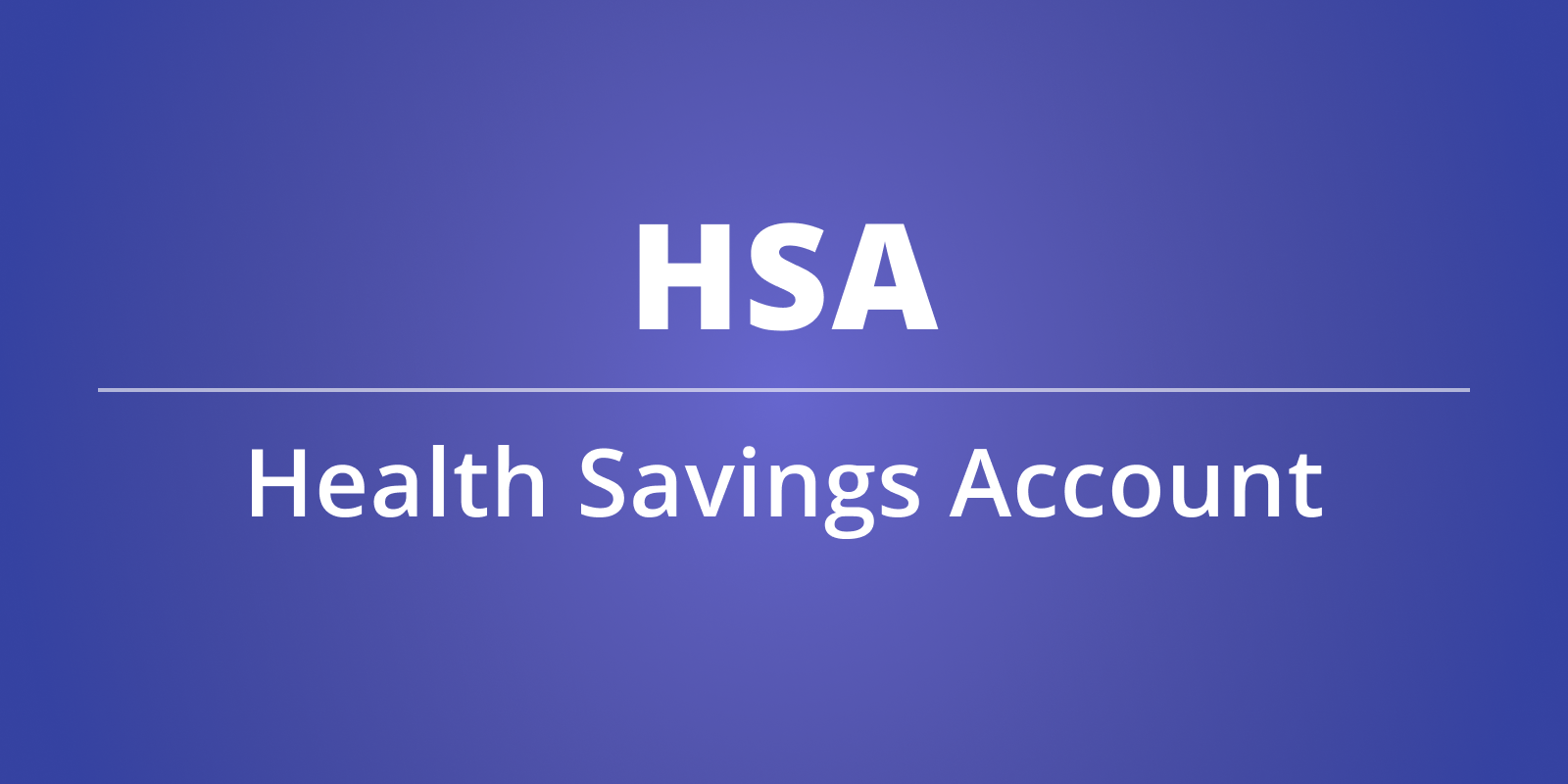Healthcare costs in retirement are growing every day. The latest statistics show that medical expenses for an individual to retire today are upwards of $150,000 and for a couple are over $250,000.
While this is undoubtedly a high number, you might be thinking, won’t Medicare help cover these costs? When considering medical expenses in retirement, many people underestimate the costs, don’t plan for them, or don’t know much about Medicare and its associated costs. How can a health savings account better prepare you for these types of retirement expenses? Even if your retirement date is years away, it’s still worth understanding more about it.
What is Medicare?
Medicare is a federal health insurance program created in 1965 for people aged 65 or older. Eligibility extends to some younger people with disabilities or with anybody with End-Stage Renal Disease (ESRD).
The program has four parts:
• Part A: Hospital Insurance, including skilled nursing and home health services.
• Part B: Medical Insurance, including doctor’s visits, tests, and some preventative care.
• Part C: also known as Medicare Advantage, which is a private bundled plan of Parts A, B, and D that includes vision and dental
• Part D: Prescription Drug Coverage
Once you are eligible and enrolled, you have the option between Traditional Medicare (Parts A & B), with the opportunity to add on prescription drug coverage or select Medicare Advantage. How much you pay for Medicare will depend on various factors–the plan you choose, your annual income after you retire, how often you need to visit the doctor or require care, etc.
How Can Your HSA Help You With Your Retirement Medical Costs?
There are a couple of ways that your HSA can help you with retirement medical costs. First, unlike a Flexible Spending Account (FSA), the unused funds in an HSA will roll over year after year, allowing you the choice of spending what you need on medical expenses or saving the money for your retirement needs. You can even hang on to those receipts and choose to reimburse yourself at a later date–a practice called Shoeboxing.
Another option available to you is to put your HSA money to work and invest it. Investing allows you to grow your money faster year over year rather than using it only on qualified medical expenses.
How Does Medicare Impact HSA Eligibility?
The question arises–what happens with my HSA when it is time to enroll in Medicare? In order to make contributions to your HSA, you must be enrolled in a High Deductible Health Plan (HDHP). Once you switch to Medicare Part A or B, you will be ineligible to make further contributions.
However, once you’ve contributed money to your HSA, the money is yours–should you choose to spend it today on qualified medical expenses or wait until retirement.
Maybe you are just a few years from retirement, or it’s so far off that you barely think about it. High healthcare costs are a reality. Armed with a little bit of knowledge, you can plan for them and not get caught by surprise when it comes time to retire.








